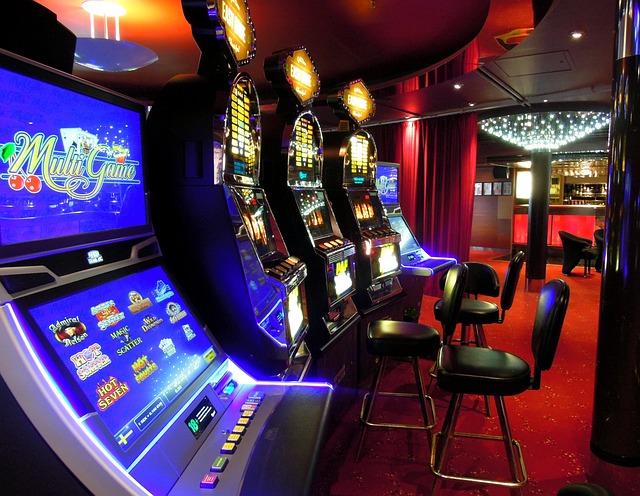Betting, a practice as old as civilization itself, has captivated human minds for centuries. From ancient Roman chariot races to modern-day sports betting, the allure of wagering has remained constant. But what is it that draws people to the world of betting? Let’s delve into the historical and psychological aspects of this timeless pursuit. Whenever you are bored, you can always test your by joining the IviBet login.
A Historical Perspective

The origins of betting can be traced back to ancient civilizations. In ancient Rome, people wagered on chariot races and gladiatorial contests. In China, gambling was prevalent during the Han Dynasty, with games of chance played with dice and cards.
Throughout history, betting has been intertwined with various cultural and social practices. In medieval Europe, lotteries were used to raise funds for public works and charitable causes. In the 19th century, horse racing became a popular sport, attracting large crowds and significant betting activity. The iconic Kentucky Derby, for example, has been a major betting event for over a century.
The Psychology of Betting
The psychological appeal of betting is complex and multifaceted. Several factors contribute to the allure of wagering:
- The Thrill of the Unknown: Betting introduces an element of uncertainty and excitement. The anticipation of the outcome, coupled with the potential for significant rewards, creates a sense of thrill. This excitement can be heightened by the social aspect of betting, as people often gather to watch games together and share in the experience.
- The Illusion of Control: While betting is ultimately a game of chance, many people believe they can influence the outcome through their knowledge, skill, or intuition. This illusion of control can be psychologically rewarding, as it gives people a sense of agency and empowerment.
- Social Interaction: Betting can be a social activity, bringing people together to share excitement and discuss strategies. The camaraderie and shared experience can enhance the enjoyment of betting. Betting on sports, for example, can foster friendships and strengthen social bonds.
- Escapism: Betting can provide a temporary escape from everyday worries and stresses. It can offer a sense of adventure and excitement, taking people’s minds off their problems. For some, betting can be a form of entertainment and relaxation, providing a much-needed break from the routine.
The Modern Era of Betting

In recent decades, the rise of technology has revolutionized the betting industry. Online betting platforms have made it easier than ever to place wagers on a wide range of sports and events. The convenience and accessibility of online betting have contributed to its increasing popularity.
Moreover, the advent of live betting has added a new dimension to the betting experience. Bettors can now place wagers on ongoing events, reacting to the latest developments in real time. This has made betting even more exciting and engaging.
However, it’s important to approach betting responsibly. While it can be a fun pastime, it’s essential to set limits and avoid excessive gambling. Problem gambling can lead to financial difficulties, relationship problems, and mental health issues.
In conclusion, betting has been a part of human culture for centuries. The allure of chance, the thrill of the unknown, and the social and psychological benefits contribute to its enduring appeal. By understanding the historical and psychological factors that drive betting behavior, we can approach this activity with a greater sense of awareness and responsibility.
